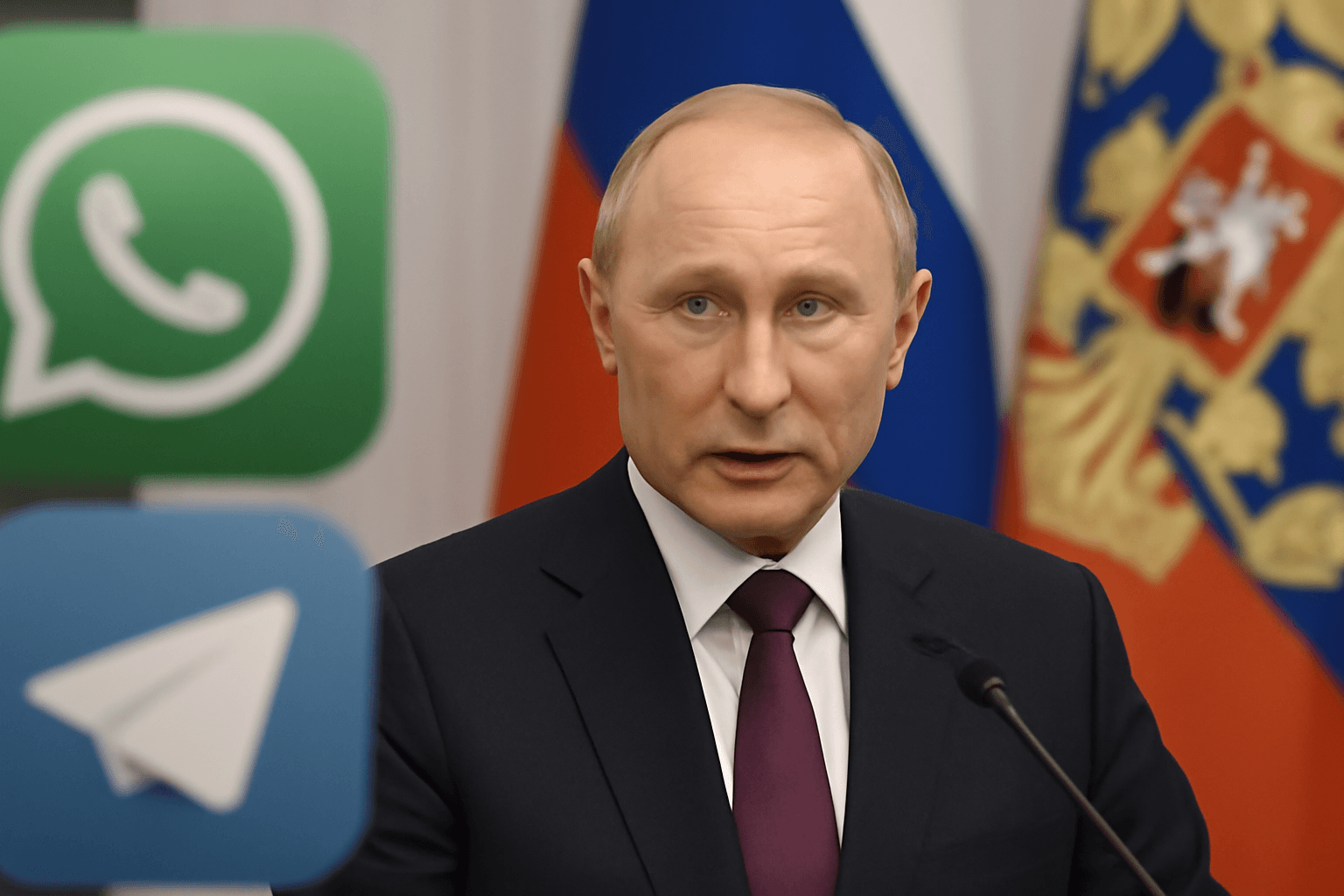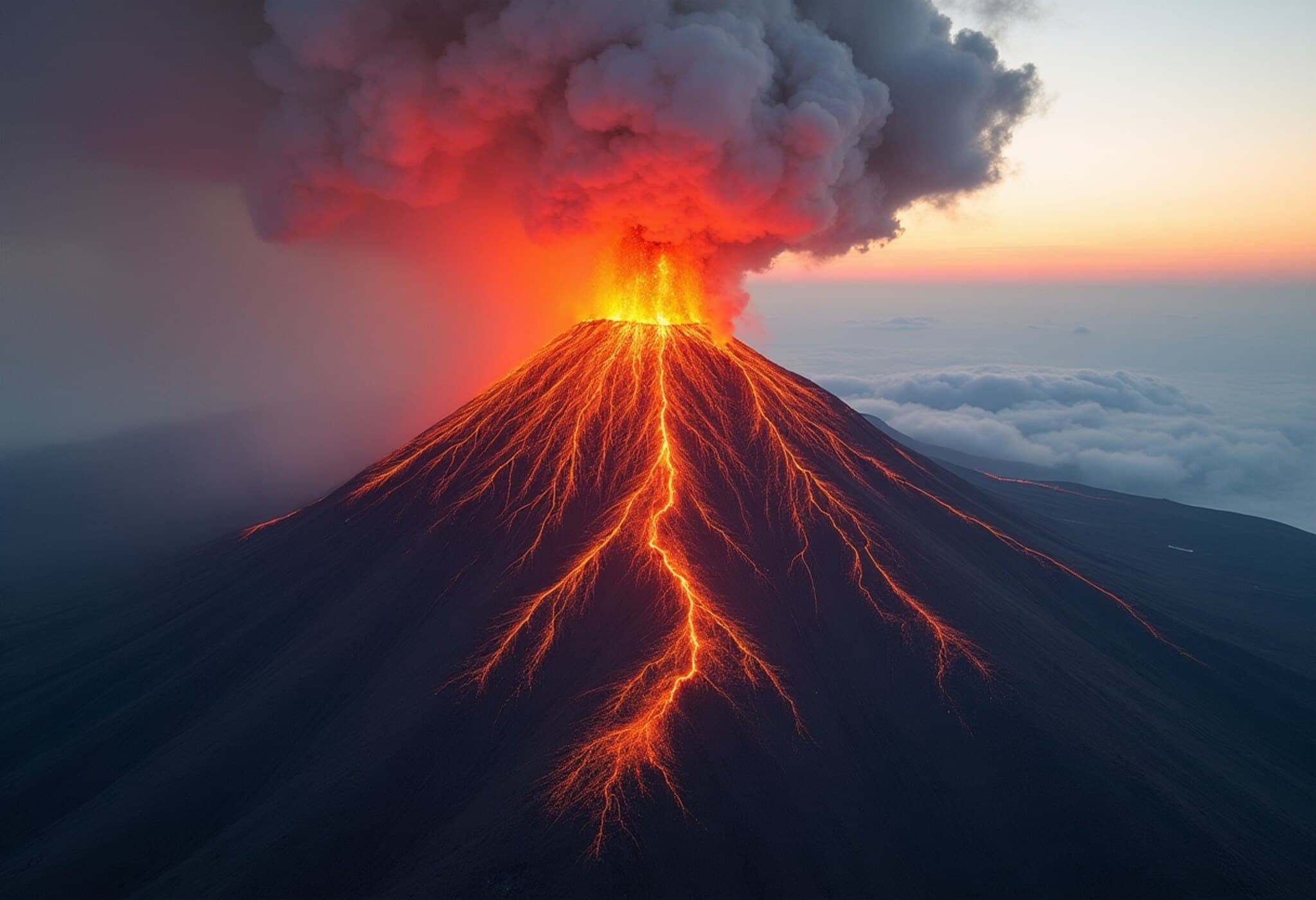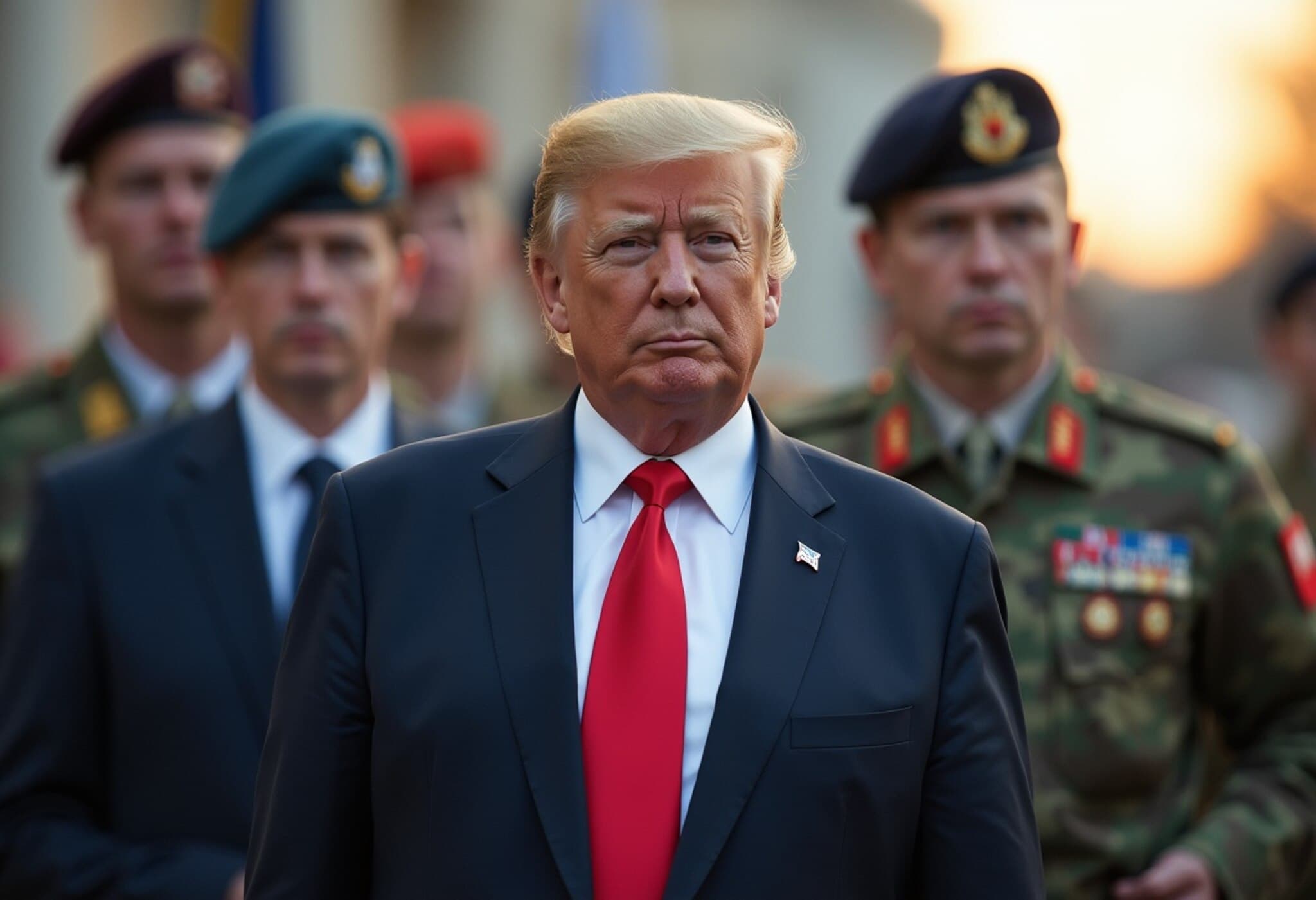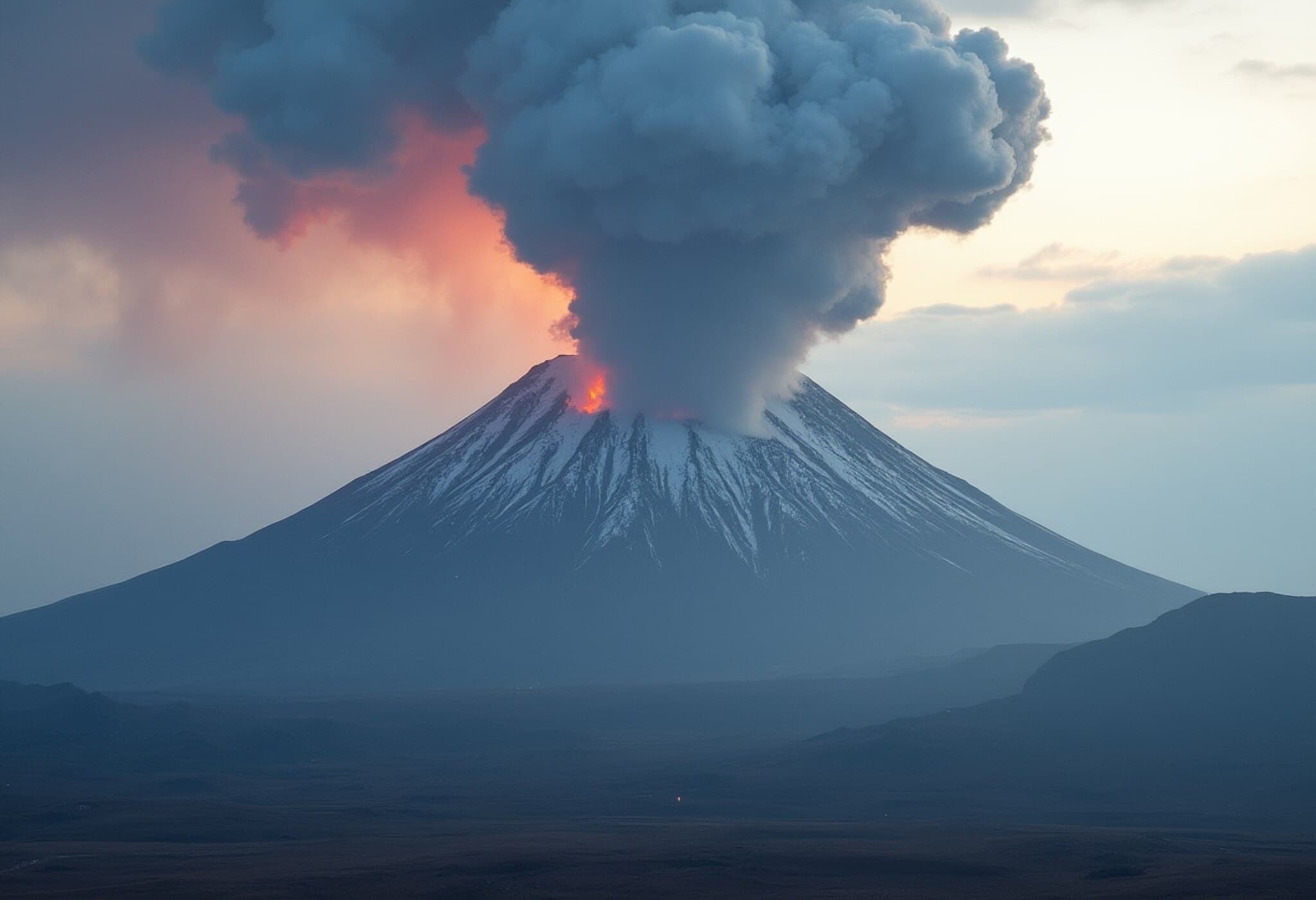The Kremlin’s Long Game: Controlling Russia’s Digital Landscape
For many Russians, browsing the internet often means grappling with blocked websites, sluggish video streams on platforms like YouTube, or even complete shutdowns of mobile internet connections. Far from being accidental glitches, these disruptions are the result of a deliberate, multifaceted campaign orchestrated by Russian authorities to assert stringent control over the country's online environment.
From Grassroots Movements to Government Clampdown
The Kremlin’s push to monitor and restrict cyberspace traces back to 2011-2012, a period marked by widespread anti-government protests coordinated virally through digital platforms. Independent media outlets flourished, empowering citizens to challenge political narratives and mobilize opposition. Alarmed, the government introduced a cascade of laws aimed at tightening internet controls — mandating providers to store user data locally, enforce censorship, and install technological backdoors enabling surveillance or complete disconnection.
Social media giants like Facebook, Twitter, and platforms such as Telegram became battlegrounds where the state attempted to impose censorship. Notably, Telegram, initially founded by Pavel Durov before his VK days, resisted a Kremlin ban from 2018-2020, underscoring the challenges authorities faced in fully monopolizing online discourse.
The Ukraine Conflict: Accelerating Digital Isolation
The invasion of Ukraine in 2022 marked a sharp intensification of internet restrictions. Major Western social media platforms—including Twitter, Facebook, Instagram—and encrypted messaging services like Signal were blocked. Efforts to disrupt VPNs, widely used to circumvent censorship, made accessing restricted content tougher than ever.
Experts observed targeted throttling of YouTube—long a hub for both entertainment and dissenting voices, including late opposition leader Alexei Navalny—signifying a strategic approach to erode foreign digital influence without completely severing access.
Growing Reliance on Domestic Infrastructure
- Authorities pushed businesses towards Russian hosting providers, enabling tighter control over website availability.
- Government-imposed license fees for internet providers skyrocketed from roughly $90 to over $12,300, squeezing out smaller ISPs and concentrating control among large state-aligned firms like Rostelecom.
- More than half of Russia's IP addresses are now under just seven major companies’ oversight, facilitating centralized censorship and traffic manipulation.
Criminalizing Online Behavior: A New Frontier of Repression
Perhaps most troubling is a recent law criminalizing the search for loosely defined “extremist” materials—a category so broad that it can encompass LGBTQ+ content, opposition writings, specific music, or even Navalny's memoir branded extremist. This legal shift moves repression from targeting content providers to surveilling and punishing consumers themselves, paralleling tactics seen in authoritarian regimes like Belarus.
Though prosecuting millions of search queries is practically daunting in a vast country like Russia, experts warn such laws create a chilling effect, deterring people from exploring restricted information out of fear.
The Push for a ‘National’ Messaging App: Monitoring Under the Guise of Convenience
Authorities plan to phase out popular foreign messengers like WhatsApp—which counted over 97 million Russian users recently—in favor of a domestically developed app called MAX, backed by VK. Boasting an all-in-one approach to messaging, payments, and government services, MAX is positioned as a convenient alternative but carries mandatory data-sharing clauses with authorities and must be preinstalled on new devices, raising significant privacy concerns.
While Telegram appears spared for now, perhaps due to its entrenched user base and partial state tolerance, the Kremlin’s efforts to supplant Western platforms underline a broader aim: reshape digital habits to favor complete state oversight.
Technological Mastery and Challenges Ahead
Authorities have sharpened their digital toolkit over years, blending legal constraints with sophisticated traffic analysis and control technologies. Western sanctions and the exit of global tech companies from Russia since 2022 have inadvertently accelerated this process by forcing reliance on domestic services more easily manipulated by the state.
Despite these gains, experts emphasize Russia has not yet fully achieved internet isolation comparable to China’s Great Firewall. Nonetheless, the trajectory shows a grinding advancement towards a more insular, government-controlled online ecosystem.
Expert Perspectives
- Anastasiia Kruope, Human Rights Watch: Describes the Kremlin's tactics as “death by a thousand cuts,” gradually molding a closed and tightly regulated internet space.
- Sarkis Darbinyan, Internet Freedom Lawyer: Highlights the challenge in shifting entrenched user habits, cautioning that replacing foreign platforms like WhatsApp will require shutting down alternatives entirely.
- Stanislav Seleznev, Cyber Security Expert: Notes that while direct prosecutions for search activities may be limited, their mere existence instills fear and self-censorship.
Implications for Russian Society and Global Digital Freedom
Russia’s increasingly controlled internet not only constrains free expression and access to information but also reflects broader geopolitical isolation, as technological decoupling deepens amid ongoing conflicts and sanctions.
For the international community, keeping sight of these developments is vital in understanding how authoritarian regimes adapt and expand digital repression methods, often borrowing and innovating in ways that may one day influence global internet governance norms.
Editor’s Note
The Kremlin’s escalating efforts to control and isolate Russia’s internet illustrate the complex interplay between technology, politics, and human rights. While innovations like the ‘national’ messenger MAX promise streamlined digital services, they come at the cost of privacy and freedom. This raises critical questions: How will Russian citizens adapt under such pervasive surveillance? What long-term impacts will this digital insulation have on civic engagement and the country’s social fabric? And how should global actors respond to protect internet openness and resist creeping authoritarian models worldwide?



















